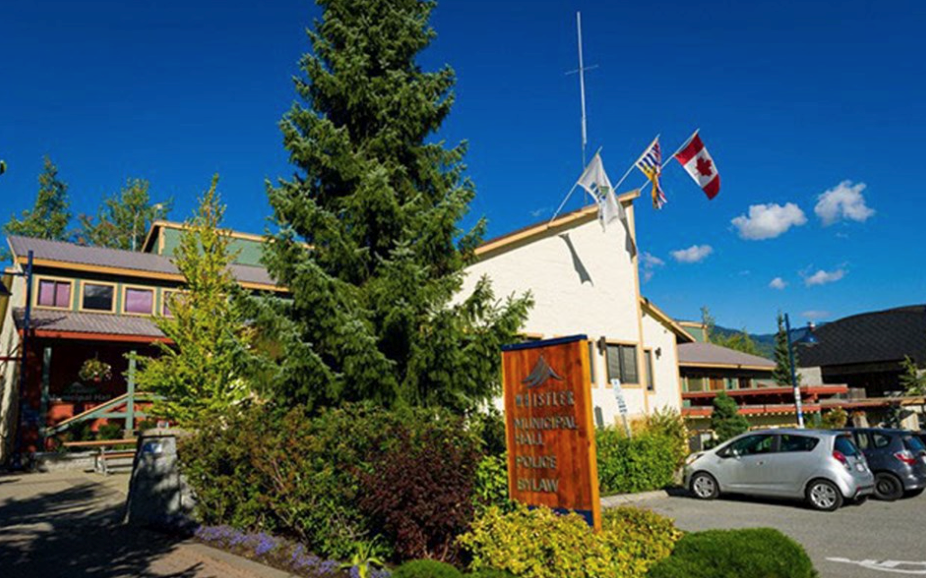The cash will continue to flow from provincial coffers into Resort Municipality of Whistler (RMOW) pockets after the province renewed a long-standing funding agreement with local governments.
The Community Works Fund agreement (CWF) is a 10-year agreement between individual municipalities, the province, and the Union of British Columbia Municipalities (UBCM), which will vend out $1.6 billion in federal funding handed to the province over the course of the agreement.
Under the agreement signed by the RMOW, Whistler is set to receive more than $700,000 annually for the next five years. Future projections beyond five years are not yet out, but the money is divided between all of British Columbia’s municipalities and regional districts based on population.
Money from the CWF can be spent on a wide range of municipal projects, with the scope of spending expanded under the 2024-2034 renewed agreement.
According to the program guide from UBCM, municipalities can now spend the funds on more things such as an expansion of the definition of projects that come under "resilience," meaning Whistler can now spend the money on new construction of public infrastructure intended to prevent, mitigate, or protect against the impacts of climate change, natural hazards or extreme weather—meaning fires.
Additionally, the funds can be spent on fire trucks as stand-alone expenses, feasibility studies, and detailed design projects can be funded without having a shovel-ready project at the other end. Housing needs reports also qualify under the new rules.
That’s moot for now in the RMOW, though, with CWF funds to Whistler spoken for on an ongoing basis, having been earmarked for solid waste programs for years.
“In the past, we’ve used these funds to support projects related to solid waste, including the Whistler Landfill reconstruction, the compost facility upgrade, and improvements to streetscape waste collection in Whistler,” said a communications official in an email to Pique.
“As part of the 2025 budget process, we’ll be looking at a broad range of possible uses for these funds and identifying priorities that align with the opportunities outlined in program guide.”
On the paper trail side of things, local governments have new requirements on reporting as required by the agreement, with annual reporting on each project now expected to include standardized output metrics (such as metres of road, metres of pipe or number of facilities), potentially as a means for the provincial government to track and collate the overall effectiveness of the program, rather than just through dollars spent. Municipalities will also need to report outcomes of each project.
Other communities in the Sea to Sky have also received new CWF agreements. The District of Squamish is set to receive nearly $1.15 million annually starting this year under the agreement, while the Village of Pemberton, with a smaller population, receives $218,000. The Squamish-Lillooet Regional District receives more than $380,000 annually.
Whistler's mayor and council signed off on the new agreement and reporting requirements at the Sept. 10 regular council meeting.




